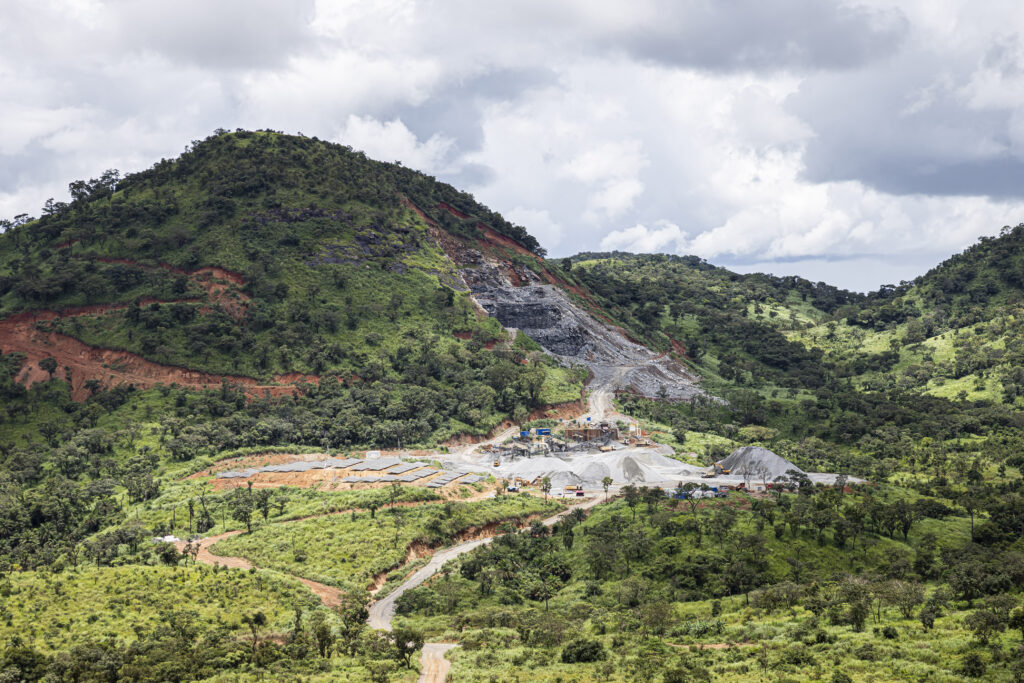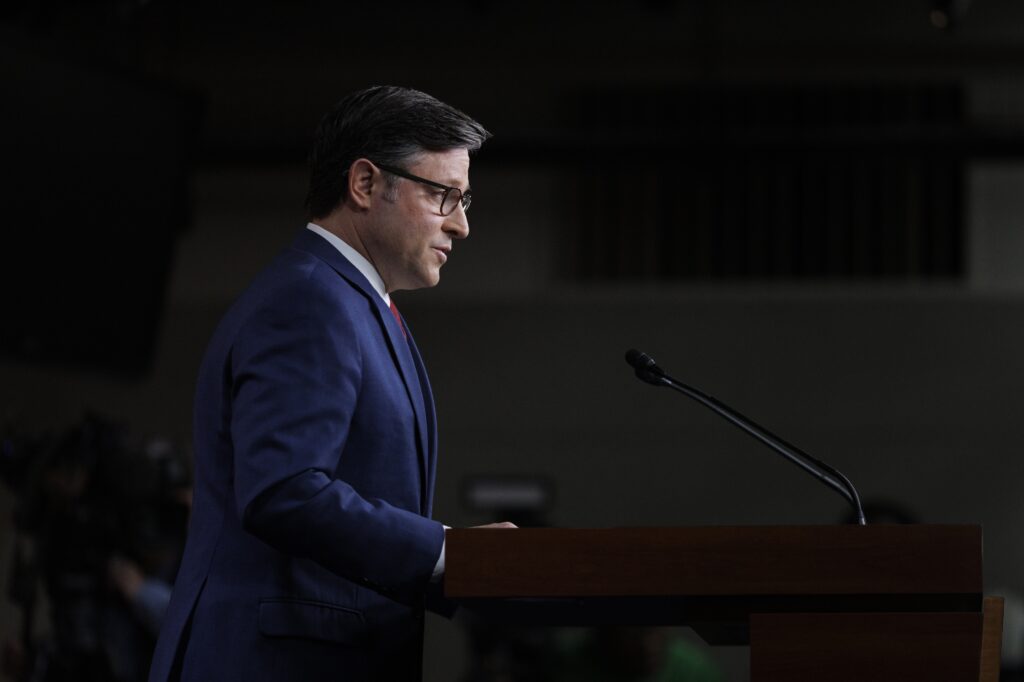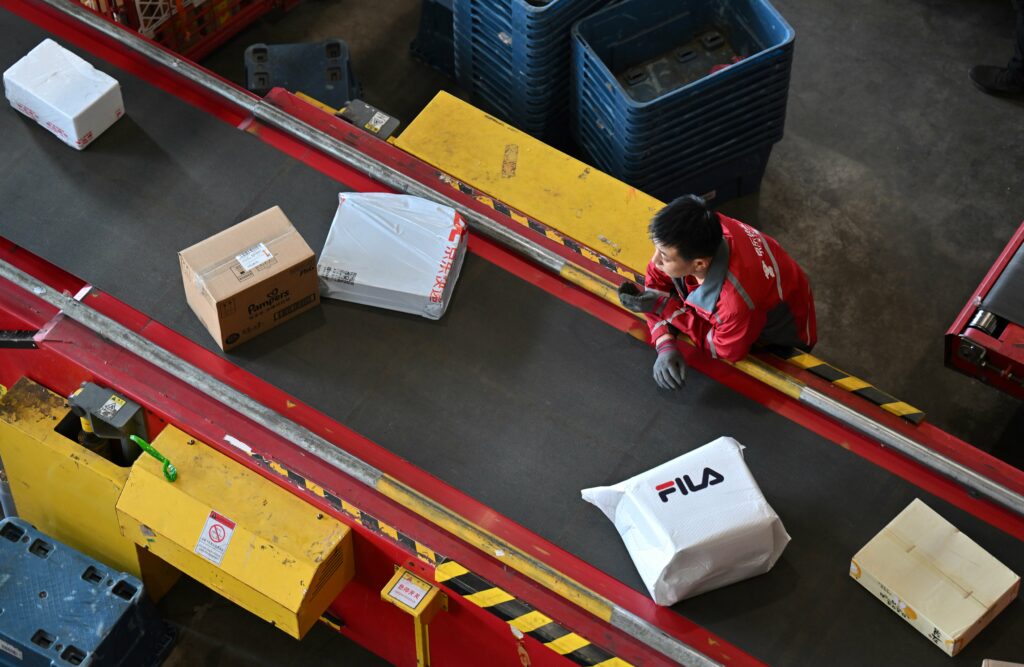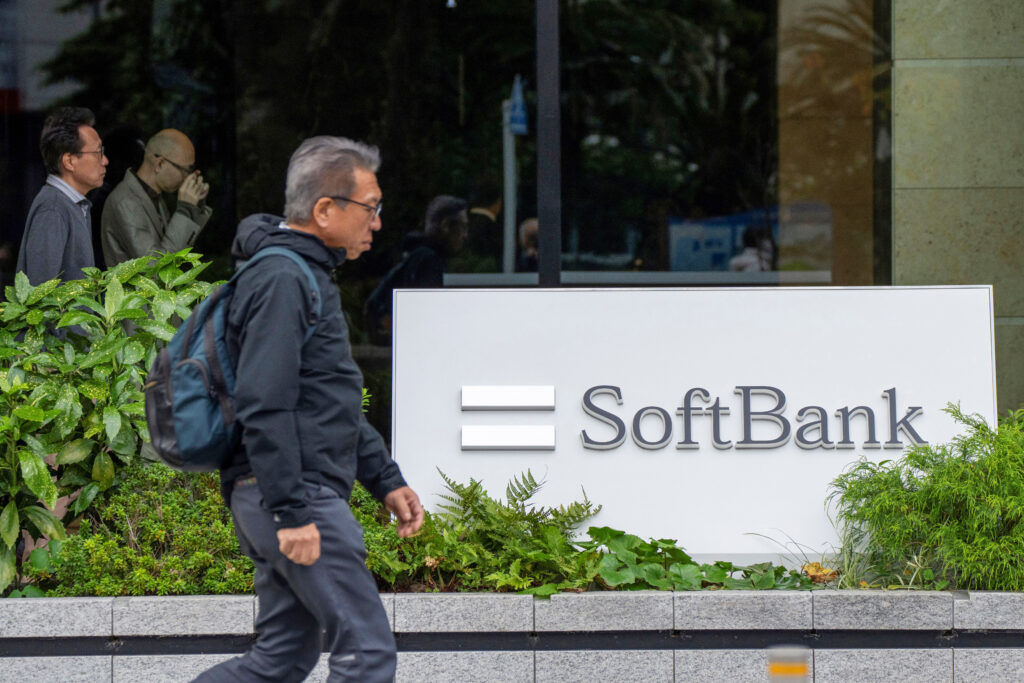Most Asian markets rose for the second day in a row Tuesday as US lawmakers edged towards ending a record government shutdown.The prospect of an end to the Washington standoff, which moved into its 41st day Monday, came amid a revival of demand for tech giants despite growing fears of an AI-fuelled bubble.Senators on Capitol Hill passed the compromise budget measure on Monday night after a group of Democrats broke with their party to side with Republicans on a bill to fund departments through January.It is hoped the bill will then pass the Republican-held House of Representatives and head to Donald Trump’s desk, with some suggesting the government could reopen Friday.”It appears to us this morning that our long national nightmare is finally coming to an end, and we’re grateful for that,” House Speaker Mike Johnson told reporters Monday. And the US president told reporters in the Oval Office that “we’ll be opening up our country very quickly”, adding that “the deal is very good”.Investors have welcomed the developments, having grown increasingly concerned about the impact of severe disruptions of food benefits to low-income households, and of air travel heading into the Thanksgiving holiday.It has also meant key official data on a range of things, including inflation and jobs, has not been released, leaving traders to focus on private reports for an idea about the economy.The lack of crucial data has also meant the Federal Reserve has been unable to gauge properly whether or not to cut interest rates at its next meeting in December, keeping investors guessing.”Reopening would not only boost sentiment, but also open the way for data releases, which could provide more insight into the health of the US jobs market and, more broadly, the US economy ahead of next month’s Federal Reserve interest-rate decision,” Fiona Cincotta, senior market analyst at City Index wrote in a commentary.Michael Brown at Pepperstone said: “It has typically been the ‘rule of thumb’ that every week of a shutdown subtracts around 0.1 percentage point from US GDP growth in the quarter in question, with the sum total of that lost output then recouped the following month.”Arguably, the economic hit from the current shutdown, in the last week or so at least, could be somewhat larger, given factors like the mounting number of air traffic delays.”He added that a reopening would allow markets “to re-focus on what remains a solid bull case of the underlying economy remaining robust, earnings growth proving resilient, the monetary backdrop continuing to loosen and a calmer tone being taken on trade”.But, he warned, “the assumptions underpinning that bull case will now come under the microscope”Most Asian markets built on Monday’s gains, with Tokyo, Hong Kong, Seoul, Singapore and Taipei all up, though there were losses in Shanghai, Sydney, Manila and Wellington.The positive start to the day came after a rally on Wall Street fanned by another surge in tech giants including Amazon and Nvidia.The sector has come under pressure in recent weeks amid worries that valuations could be in for a drop from their stratospheric highs, having been stoked by hundreds of billions of dollars of AI investment this year.- Key figures at 0230 GMT -Tokyo – Nikkei 225: UP 0.4 percent at 51,131.28 (break)Hong Kong – Hang Seng Index: UP 0.1 percent at 26,680.73Shanghai – Composite: DOWN 0.3 percent at 4,008.61Euro/dollar: DOWN at $1.1556 from $1.1563 on MondayPound/dollar: DOWN at $1.3168 from $1.3182Dollar/yen: UP at 154.33 yen from 154.03 yenEuro/pound: DOWN at 87.76 pence from 88.00 penceWest Texas Intermediate: DOWN 0.4 percent at $59.90 per barrelBrent North Sea Crude: DOWN 0.4 percent at $63.83 per barrelNew York – Dow: UP 0.8 percent at 47,368.63 (close)London – FTSE 100: UP 1.1 percent at 9,787.15 (close)





